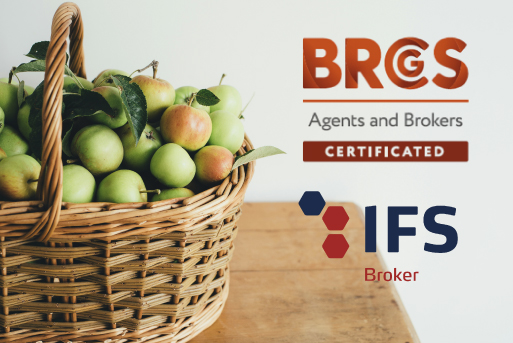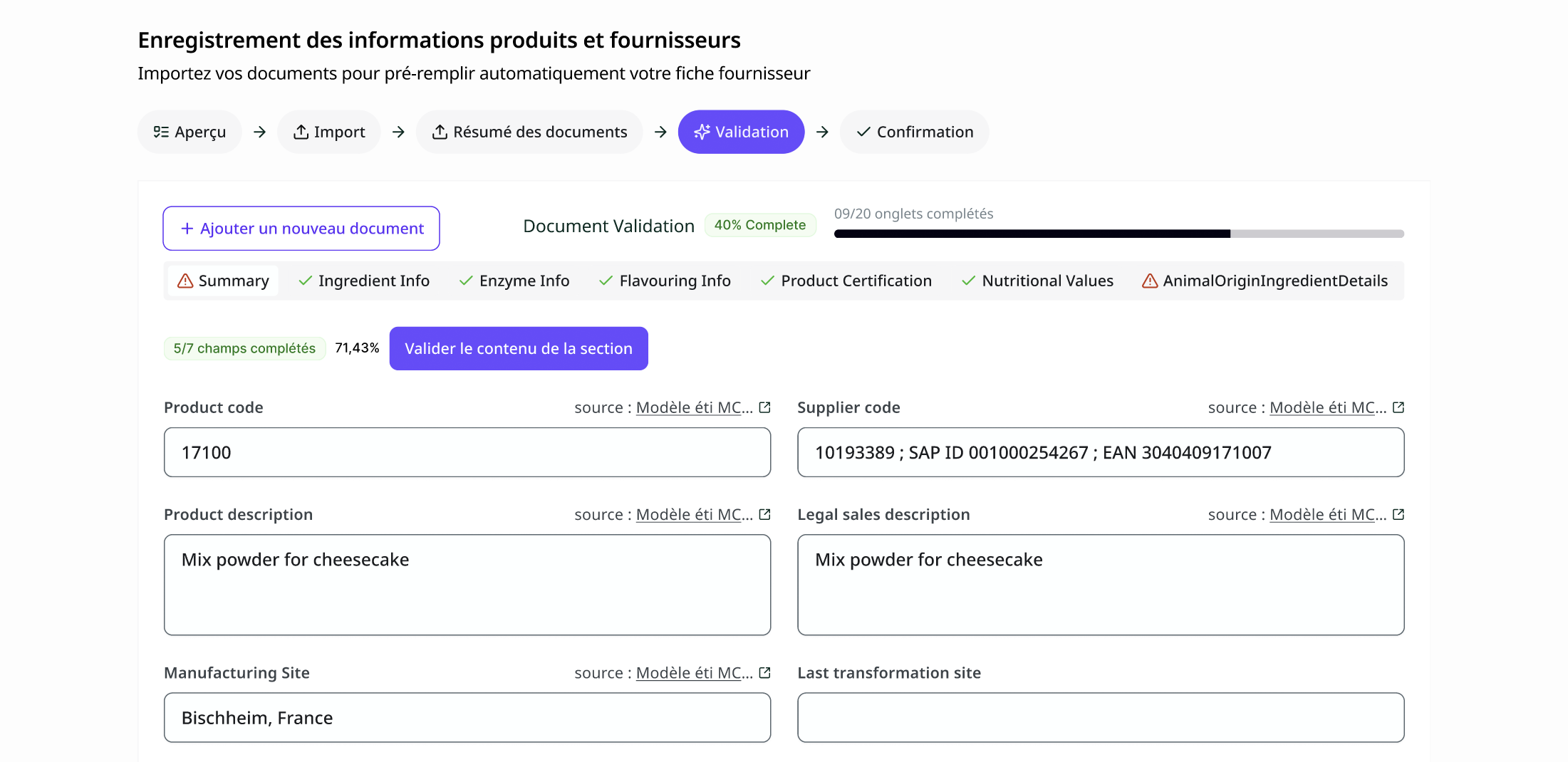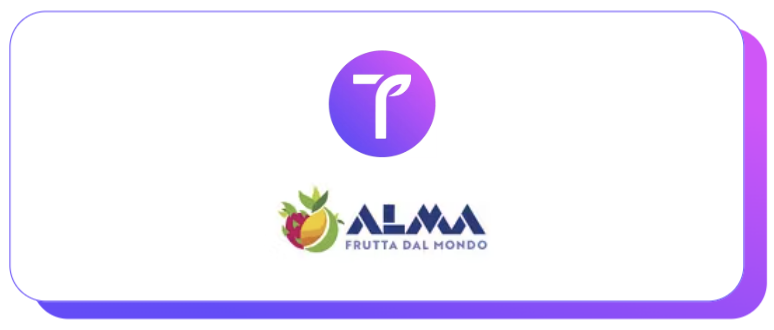IFS and BRC Broker
IFS and BRC certifications have become key standards in the food industry to guarantee safety, traceability and regulatory compliance. However, they impose heavy documentary requirements. For quality teams, this means manual and time-consuming management, which is often a source of errors and obsolete data. Faced with this complexity, the digitization of documentary processes is becoming essential to ensure compliance and performance.

IFS and BRC: key certifications for food safety and their impact on quality teams
In the food and beverage industry, ensuring safety, regulatory compliance, and customer satisfaction is a daily challenge. To respond to this, many companies are turning to internationally recognized certifications such as IFS and BRC. These standards make it possible to structure, formalize and demonstrate control of the supply chain.
But behind these quality commitments lie colossal documentary requirements, especially for quality teams.
Increasingly demanding regulatory and normative obligations
IFS and BRC certifications are part of a rigorous legal framework, which requires traceability and risk management throughout the food chain.
In addition, customer specifications and the specific requirements of the IFS/BRC standards require companies to collect a large number of supporting documents from their suppliers, on two main aspects:
- Supplier processes: certificates (IFS, BRC, ISO), quality questionnaires, codes of conduct, CSR commitments, etc.
- Products (raw materials, packaging, ingredients): technical data sheets, analysis results, conformity certificates, regulatory declarations, control plans, etc.
Manual processes that undermine quality performance
Today, in many agri-food companies, this documentary collection is still based on manual methods, often archaic, which strongly mobilize quality teams:
- Email reminders to suppliers
- Multiplicity of formats (PDF, Word, Excel...)
- Manual filing in sometimes incomprehensible folder trees
- Monitoring of validity dates, answers, evaluations in Excel
- Manually copying data from documents to tracking files
- Manual, error-prone evaluations
As a result, a lot of often outdated data, very long processing times, a significant mental load for teams, and a lack of a global and reliable vision of supplier risks.
A real impact on quality teams
Far from being simple administrative tasks, these processes have a direct impact on the ability of quality teams to:
- Effectively manage supplier compliance
- Prepare calmly for an IFS or BRC audit
- Meeting the growing documentary requirements of customers
- Identify at-risk suppliers
- Act quickly in case of non-compliance or health alert
However, when these tasks are time-consuming and have low added value, teams are hampered in their high-value missions (risk analysis, quality management, continuous improvement, etc.).
Towards an indispensable digitization of quality document management
Faced with these observations, it is becoming imperative for IFS or BRC certified companies to digitize their supplier document management. Tracklab presents solutions for:
- Automate reminders and document collections
- Centralize and standardize information
- Track validity statuses in real time
- Have a clear, synthetic and up-to-date vision of supplier compliance
Simplify your management
Free your teams from reminders and spreadsheets. Track your compliance in real time, at scale.






